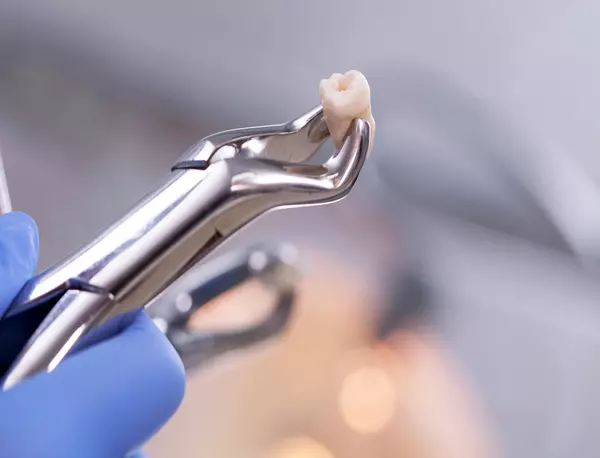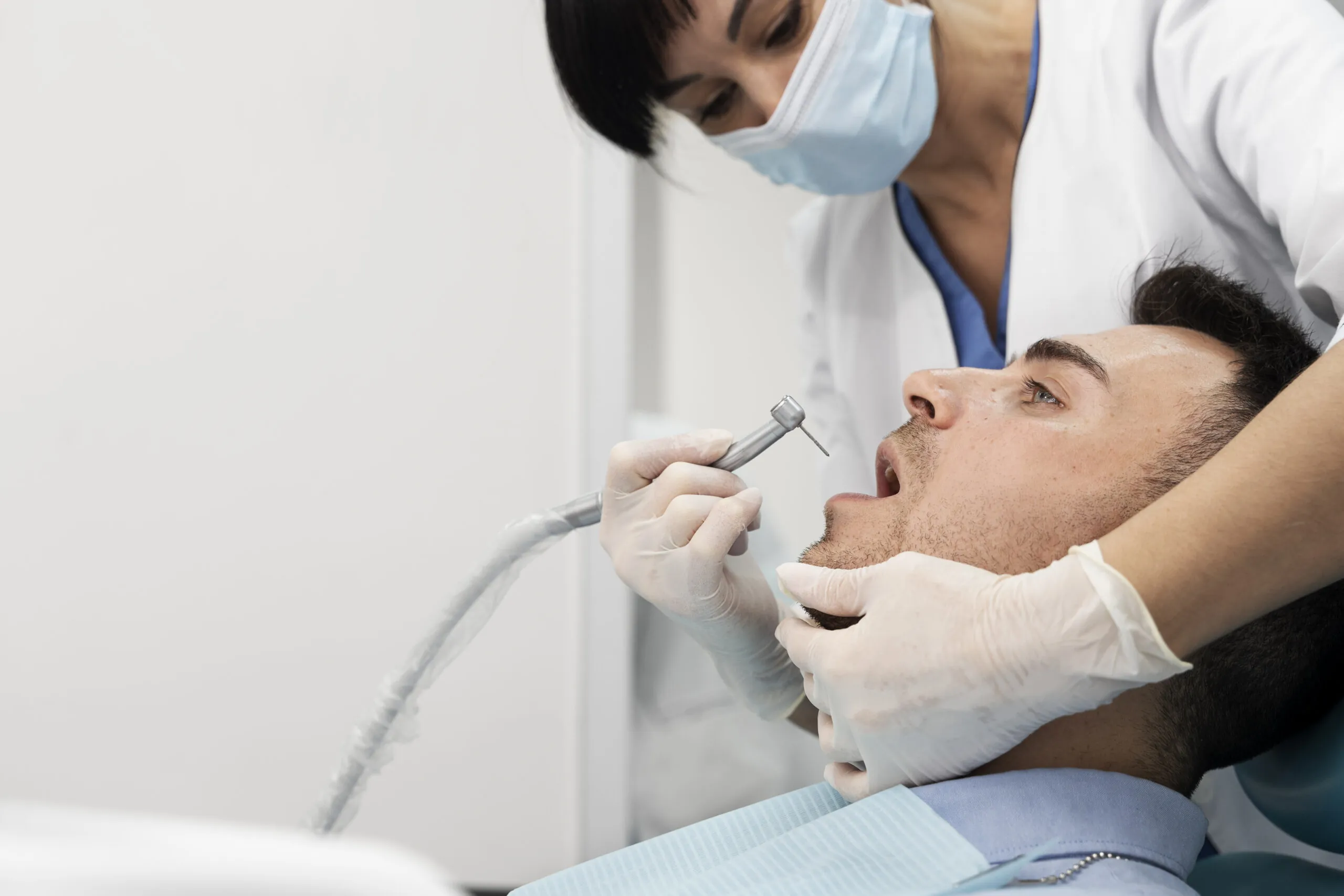Tooth Extractions
Stress-Free Tooth Extractions

Everything About
Tooth Extractions In Citrus Heights
What Is A Tooth Extraction?

When Would I Require A Tooth Extraction?
At Smile Time Dental, we prefer to save the natural teeth if possible. However, sometimes dental filings or dental crowns aren’t enough to restore a tooth that has been severely damaged. If your tooth is severely damaged beyond the possibility of repair, extraction might be necessary. Your dentist could suggest tooth extraction in cases where you have:
- Severe Tooth Decay
- Fractured Tooth
- Impacted Tooth
- Severe Gum Disease
- Crowded Teeth
What Happens During A Tooth Extraction Procedure?
Initially, local anesthesia is administered to numb the affected tooth and nearby gum tissue. Utilizing specialized dental tools, your dentist will loosen the tooth and remove it from the socket. In certain instances, gum incisions might be necessary to reach the tooth, particularly if it is severely decayed or fractured at the gum line. After the tooth is extracted, the socket is cleaned and disinfected. In some situations, your dentist might also insert a dental bone graft to prevent jawbone loss. Lastly, sutures may be applied to aid in the healing process.
What To Do After Your Tooth Extraction?
After the tooth has been removed, you will receive instructions on how to properly care for your mouth, including which medications to take and how to appropriately manage your blood clot. Aftercare preparation may include stocking up on medication and soft foods like soup or bread, as well as making sure you have time off from work to rest properly. Your mouth will need time to recover after the tooth extraction, so being prepared will help avoid a prolonged healing process.

5 Reasons For Tooth Extractions
- Tooth Decay
- Gum Disease
- Crowded Teeth
- Impacted Teeth
- Broken Tooth

5 Reasons For Tooth Extractions
- Tooth Decay
- Gum Disease
- Overcrowded Teeth
- Impacted Teeth
- Broken Tooth
How can we help you?
Frequently Asked Questions
Local anesthetic is very effective and makes the removal almost painless.
Whether or not the tooth extraction procedure is covered depends on your insurance provider. Generally, insurance plans cover specific oral surgery procedures.
Tooth extractions procedures generally last between 30-45 minutes.
